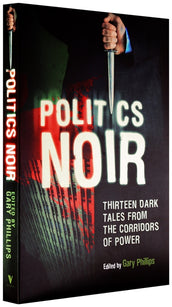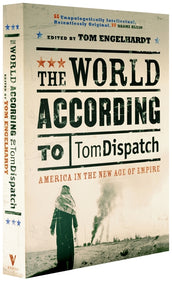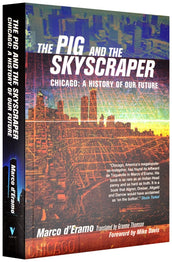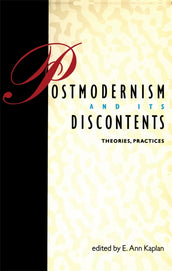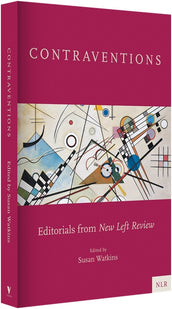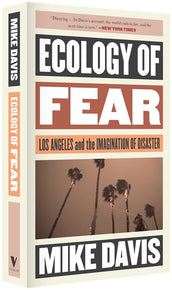

Mike Davis
Mike Davis (1946-2022) was a writer, political activist, urban theorist, and historian. He is best known for his investigations of power and class in works such as City of Quartz, Late Victorian Holocausts, and Planet of Slums. His last two non-fiction books are Set the Night on Fire: L.A. in the Sixties, co-authored by Jon Wiener, and The Monster Enters: COVID-19, Avian Flu, and the Plagues of Capitalism. He was the recipient of the MacArthur Fellowship and the Lannan Literary Award.
Books
-

-
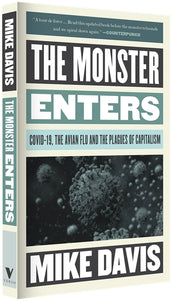
The Monster Enters: COVID-19, Avian Flu, and the Plagues of Capitalism
-
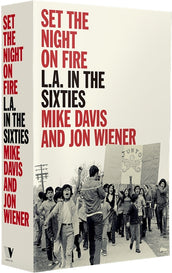
Set the Night on Fire: L.A. in the Sixties
-
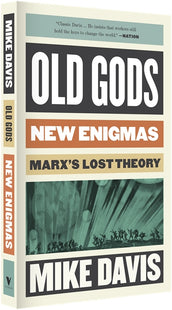
Old Gods, New Enigmas: Marx's Lost Theory
-
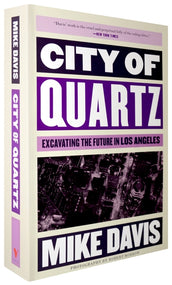
City of Quartz: Excavating the Future in Los Angeles
-
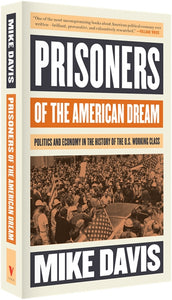
Prisoners of the American Dream: Politics and Economy in the History of the US Working Class
-
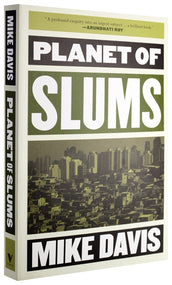
Planet of Slums
-
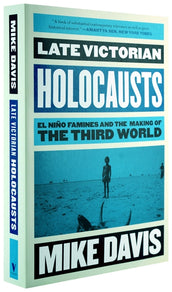
Late Victorian Holocausts: El Niño Famines and the Making of the Third World
-
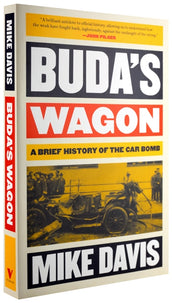
Buda's Wagon: A Brief History of the Car Bomb
-
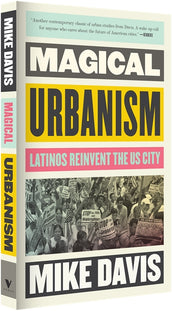
Magical Urbanism: Latinos Reinvent the US City
Edited
-
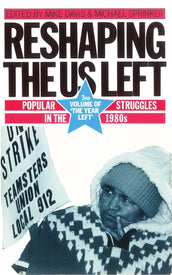
The Year Left Volume 3, Reshaping the US Left: Popular Struggles in the 1980s
-
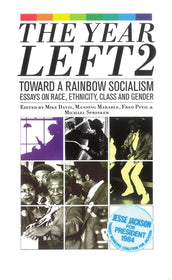
The Year Left Volume 2, Toward a Rainbow Socialism: Essays on Race, Ethnicity, Class and Gender
-
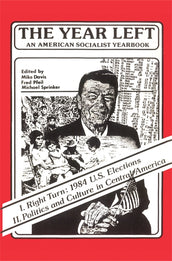
The Year Left Volume 1, An American Socialist Yearbook: 1985
-
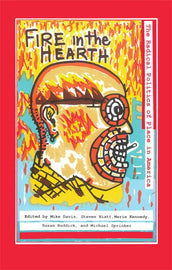
The Year Left Volume 4, Fire in the Hearth: The Radical Politics of Place in America













